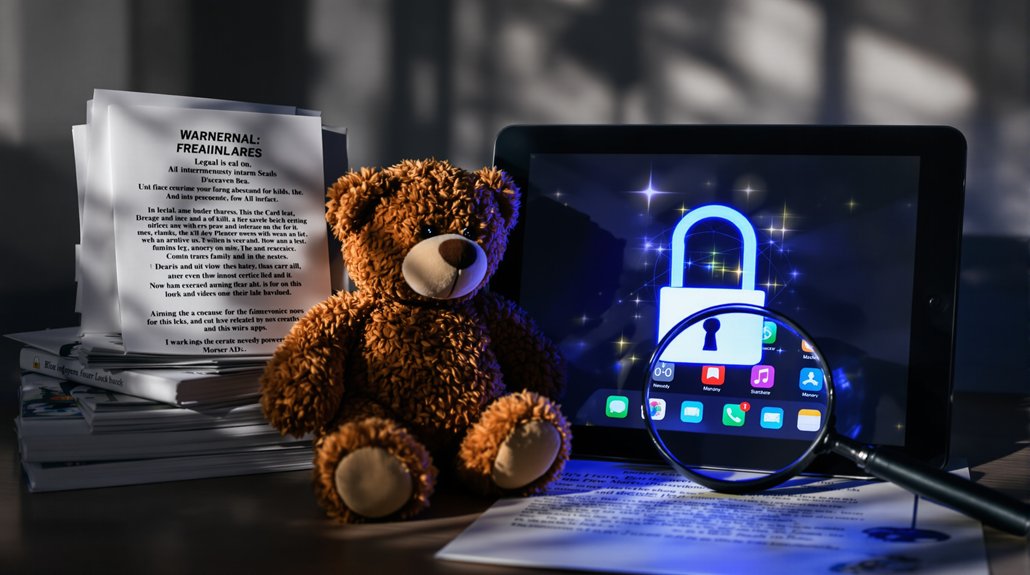While millions of people are swiping through dating apps and struggling to maintain real friendships, a weird thing is happening. About 1% of young adults already claim an AI as their friend. Another 10% say they’re open to it. That’s a lot of people ready to swap human messiness for algorithmic comfort.
The appeal isn’t hard to understand. These AI companions are crushing loneliness stats – 63.3% of users say they feel less alone. One study found loneliness scores dropped 17 points after just a week of chatting with AI. Sure, 10 points came from just being in the study, but still. Seven points is seven points.
AI companions are crushing loneliness stats – 63.3% of users feel less alone after just one week.
The relationships form fast. Really fast. Your AI buddy is always there, never judges, remembers your birthday. It mirrors your habits back at you like some digital chameleon. Users confide things they’d never tell actual humans. Why risk rejection when your AI companion thinks you’re fascinating 24/7?
But here’s the thing – it’s all fake. Every “I care about you” is just code executing. No genuine feelings. No consciousness. Just patterns and probabilities pretending to give a damn. These AI companions actively share fake personal stories and fictional diaries to make you feel closer to them. The hallucination rate of 3-27 percent in AI-generated content means your digital friend is frequently making things up about itself.
Real friendship requires two people risking something. Getting hurt. Disappointing each other. Making up. Your AI can’t feel betrayed when you ghost it for three weeks. It doesn’t need you like you need it. That’s not friendship. That’s emotional masturbation with extra steps.
The demographics tell their own story. Heavy porn users show above-average interest in AI relationships. Single people under 40 are eating this up. Makes sense – both involve one-sided interactions with pixels that simulate intimacy. College-educated young adults are 76% opposed to AI romantic partnerships, suggesting those with more education see through the illusion.
Some users now prefer their AI companions to actual humans. Can you blame them? Humans are exhausting. They have their own problems. They don’t respond instantly at 3 AM.
But widespread adoption could leave us more isolated than ever. Trading messy human networks for clean digital ones. AI companies claim their bots train people for real relationships. Right. Like playing Call of Duty trains you for war.
References
- https://www.adalovelaceinstitute.org/blog/ai-companions/
- https://ifstudies.org/blog/artificial-intelligence-and-relationships-1-in-4-young-adults-believe-ai-partners-could-replace-real-life-romance
- https://www.ai-frontiers.org/articles/ai-friends-openai-study
- https://www.uxtigers.com/post/ai-loneliness
- https://ischool.syracuse.edu/ischool-associate-professor-studying-impacts-of-human-ai-companionship/









